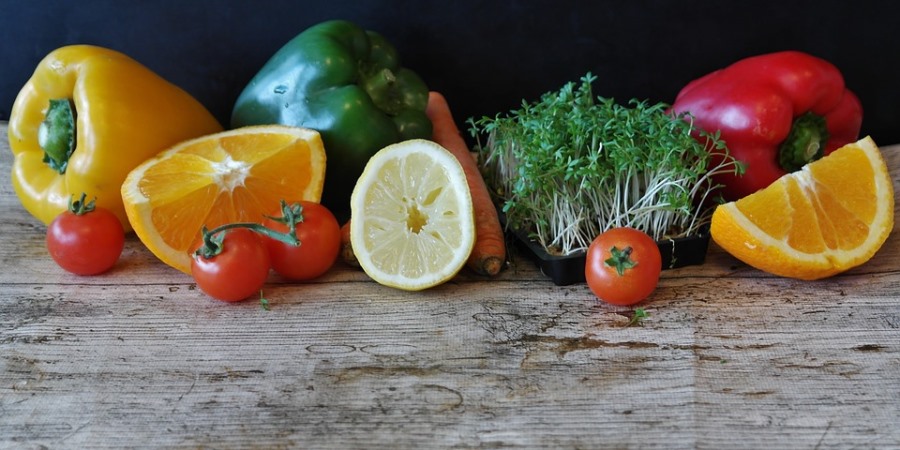More than one-third of farmed fruit and vegetables never reaches supermarket shelves because it is misshapen or the wrong size, research suggests.
University of Edinburgh researchers examined details of food loss and waste within the European economic area, and studied how much food is discarded each year before it reaches the point of being sold.
The study found that more than 50 million tonnes of fruit and vegetables grown across Europe are discarded each year.
This was largely because they do not meet supermarkets’ and consumers’ standards of how they should look.
They found that strict Government regulations and supermarkets’ high standards and consumers’ expectations of how fruit and vegetables should look, led to the loss of more than one-third of produce before the point of sale.
Stephen Porter, of the University of Edinburgh’s School of GeoSciences, said: “Encouraging people to be less picky about how their fruit and vegetables look could go a long way to cutting waste, reducing the impact of food production on the climate and easing the food supply chain.”
Farmers who are contracted to supermarkets typically grow more food than they are obliged to supply, to allow for a proportion that will not be deemed fit to sell.
Scientists suggest that greater awareness among consumers, and a movement towards shopping sustainably, could encourage the sale of more ‘ugly vegetables’.
They also suggest a greater use of misshapen produce, for example in chopped, processed or picked goods, or for sale at a discount to charities.
Professor David Reay, from the School of GeoSciences, commented: “The scale of food that is wasted when it is perfectly safe to eat is shocking at a time when one-tenth of the world’s population is perpetually underfed.”
The study has been published in the Journal of Cleaner Production.









